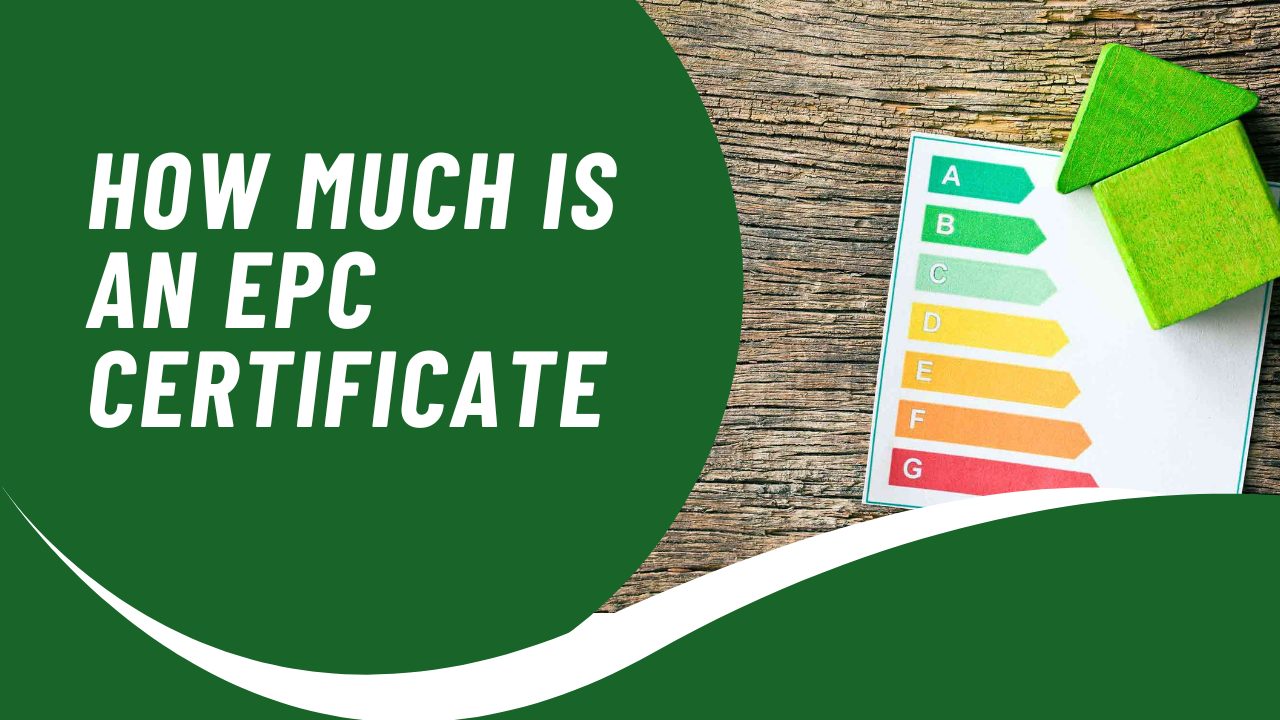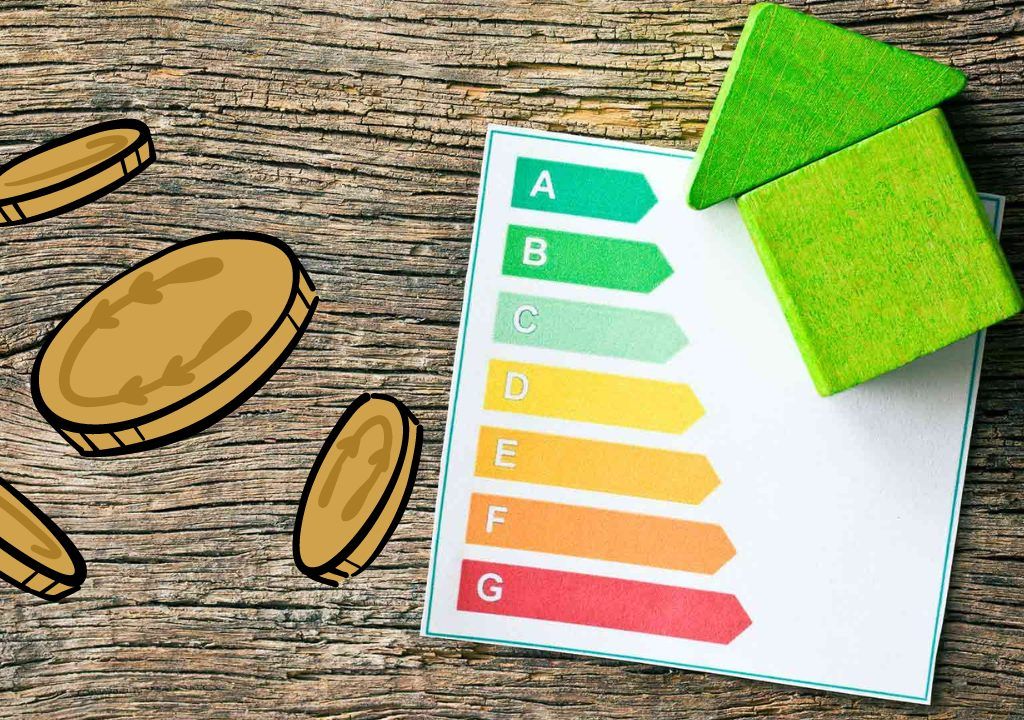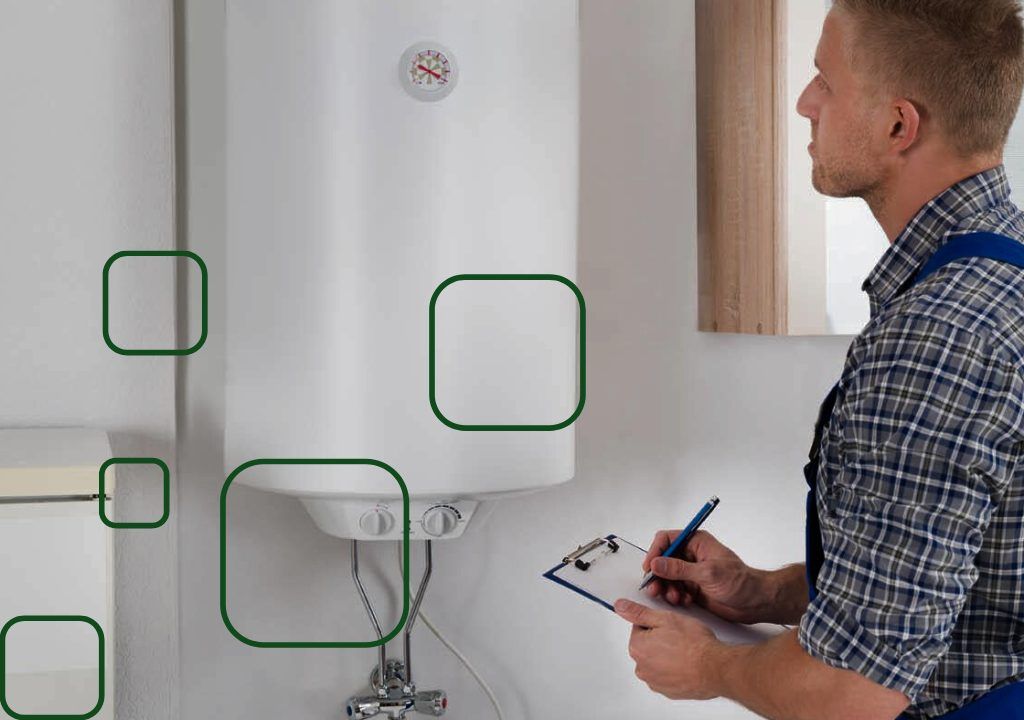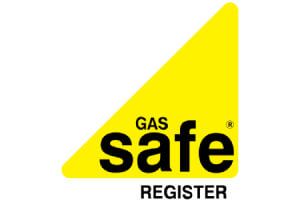
Embarking on the journey of understanding EPC certificates felt akin to unraveling a complex puzzle with no clear solution in sight. The initial curiosity about the cost of an EPC certificate led me down a path of discovery, uncovering the intricate layers that contribute to its pricing.

As I peeled back each layer, I was met with surprising insights and factors that influence the final price tag.
Stay tuned to uncover the mysteries behind EPC certificate costs and how they shape the landscape of property ownership and rental.
Understanding EPC Certificate Costs
When assessing the costs associated with an Energy Performance Certificate (EPC), it’s essential to consider various factors that can influence the final price. Understanding the cost breakdown is crucial. The price typically ranges from £35 to £120, including VAT.
To save on costs, comparing quotes from different registered energy assessors is advisable. Regional variations play a role in determining the cost; for instance, assessments in wealthier areas might be more expensive. Price comparisons are key to finding the best deal. It’s essential to explore budget-friendly options without compromising on the quality of the assessment.
Factors such as property size, type, location, and the number of bedrooms can impact the overall cost. By being mindful of these aspects and seeking competitive pricing, one can ensure a cost-effective yet thorough EPC assessment.
Components of EPC Cost
In understanding the components that contribute to the cost of an Energy Performance Certificate (EPC), it’s essential to delve into the specifics of the assessment process and associated fees.
The EPC assessment process involves a survey conducted by an accredited Domestic Energy Assessor, with the fee covering the assessment and the Energy Performance Certificate itself. This assessment grades a property’s energy efficiency from A to G, assigning a numerical value that indicates its efficiency and potential for cost-saving recommendations.
The energy efficiency benefits of a high EPC rating not only lead to lower energy bills but can also positively impact the property’s valuation. Understanding the significance of the EPC rating is crucial as it influences property marketability and guides improvements for enhanced energy efficiency.
Therefore, considering the EPC assessment process, energy efficiency benefits, property valuation impact, cost-saving recommendations, and EPC rating significance is key to comprehending the components that factor into the overall cost of obtaining an Energy Performance Certificate.
Roles of a Domestic Energy Assessor

The responsibilities of a Domestic Energy Assessor encompass identifying areas of energy wastage within a property. As a qualified assessor, my role involves evaluating a property’s energy efficiency through a thorough assessment. This includes examining heating controls, insulation levels, lighting systems, and the overall building structure to provide an accurate energy performance rating. Assessor qualifications play a crucial role in ensuring the accuracy and reliability of the assessment results, guiding property owners towards cost-effective energy-saving improvements.
During a property assessment, I focus on cost comparison strategies by highlighting potential energy-saving tips tailored to the property’s specific needs. By conducting a detailed evaluation, I aim to assist property owners in understanding their energy consumption patterns and identifying areas where efficiency enhancements can lead to long-term cost savings. Through a comprehensive property assessment, I strive to empower individuals to make informed decisions regarding energy efficiency upgrades that align with their sustainability goals.
Extra Costs and Benefits of EPC
Exploring the additional costs and benefits associated with Energy Performance Certificates reveals valuable insights for property owners and tenants alike. Energy efficiency benefits from EPC assessments can lead to cost-effective upgrades, potentially increasing a property’s value. The significance of the EPC rating lies in guiding improvements for reduced running costs through the adoption of energy-saving technologies. Understanding the EPC rating’s impact on property value emphasizes the importance of striving for higher efficiency levels.
Cost-effective upgrades recommended by EPC assessments can’t only reduce energy bills but also enhance the overall appeal and marketability of a property. By investing in improvements based on EPC recommendations, property owners can’t only save on energy costs but also potentially increase the property’s value in the long run. Therefore, considering the energy efficiency benefits, property value impact, and the significance of the EPC rating is crucial for making informed decisions regarding cost-effective upgrades and overall property management strategies.
Factors Influencing EPC Pricing
Considering the additional costs and benefits associated with Energy Performance Certificates, it’s essential to understand the various factors that influence the pricing of EPC assessments.
Property location plays a significant role in determining EPC costs, with variations observed between affluent and non-affluent areas. The size of the building is another critical factor influencing pricing; larger properties generally incur higher EPC assessment fees due to the complexity of the evaluation process. Energy efficiency levels impact costs, as properties with lower energy efficiency may require more in-depth assessments.
Assessment fees can vary based on the assessor’s rates and the complexity of the evaluation required. Additionally, the number of bedrooms in a property can affect pricing, with larger properties typically commanding higher fees due to the extended assessment time required.
Understanding these factors can help individuals make informed decisions when seeking EPC assessments.
Importance of EPC Assessor Credentials
Understanding the credentials of an EPC assessor is crucial for ensuring the accuracy and reliability of energy performance evaluations. Assessor qualifications play a significant role in the assessment accuracy and authenticity assurance of the EPC process. Credential verification is essential to guarantee that the assessor is qualified to conduct the evaluation effectively.
When selecting an assessor, ensuring their credentials are up to date and valid is vital for accurate results. Authenticity assurance of the assessor’s qualifications is paramount to trust the assessment outcomes. Moreover, pricing transparency should be a key consideration when choosing an assessor to avoid any hidden costs or discrepancies in the evaluation process.
Frequently Asked Questions
Can the Cost of an EPC Certificate Be Claimed as a Tax Deduction?
The cost of an EPC certificate is generally not tax-deductible. However, expenses related to improving a property’s energy efficiency based on EPC recommendations may qualify. Consult a tax advisor for specifics on deductible costs for potential tax savings.
Are There Any Discounts or Promotions Available for First-Time EPC Certificate Applicants?
I’ve found various discount options and special offers for first-time EPC certificate applicants. Promotional deals can lead to price reductions, making it cost-effective. It’s advisable to explore these savings to get the best deal on your EPC certificate.
How Long Does It Take for the EPC Certificate to Be Issued After the Assessment Is Completed?
The assessment process determines the EPC certificate’s issuance timeline, typically within a few days to a week. The validity period is 10 years. EPC ratings influence property marketability. Energy efficiency improvements can enhance ratings. The cost breakdown includes assessor fees and certification.
Is There a Difference in Cost Between Obtaining an EPC Certificate for a Residential Property Versus a Commercial Property?
In analyzing EPC costs, residential and commercial properties differ due to size and energy efficiency needs, impacting pricing. Legal requirements mandate EPCs for both. Certification validity spans 10 years regardless of property type.
Are There Any Penalties for Not Having a Valid EPC Certificate When Selling or Renting Out a Property?
Not having a valid EPC certificate when selling or renting out a property can lead to severe consequences. Non-compliance may result in legal repercussions, enforcement actions, financial penalties, and failure to meet regulatory requirements, impacting the property transaction.
Conclusion
In conclusion, the cost of an EPC certificate varies depending on various factors such as the size of the property, location, and the credentials of the assessor.
Understanding the components of EPC costs, the roles of a domestic energy assessor, and the importance of energy efficiency ratings can help property owners make informed decisions.
Investing in an EPC certificate not only adds value to the property but also contributes to a more sustainable and energy-efficient future in the real estate market.
About the Author: LandlordCertificate
Related Posts
Get Social
Recent Posts
- Understanding Fire Extinguisher Testing: What It Involves
- Gas Safety Certificate Requirements: What Every UK Property Owner Must Know
- What Is the Fire Risk Assessment Cost
- Gas Safety Certificate in London: What It Is and Why You Must Have One
- Why Getting an Asbestos Survey Matters for Property Safety













